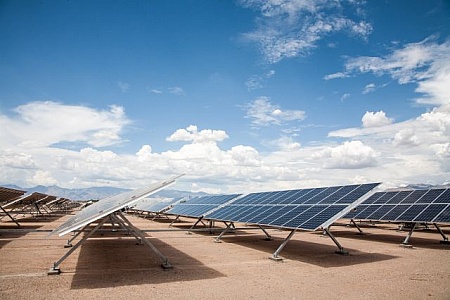The Texas Supreme Court, in the recent decision of BPX Operating Co. et al. v. Margaret Ann Stockhausen, denied an oil company’s claim that acceptance of royalty checks by the mineral/royalty owner ratified the oil company’s illegal pooling of her property.
Strickhausen owned property in LaSalle County, Texas. She negotiated a lease that strictly prohibited pooling under any circumstances without her express written consent. Notwithstanding this lease provision, BPX Operating Co. (formerly BP) pooled her property without her consent. As soon as she learned that BPX had pooled her interest, Ms. Strickhausen had her lawyer write BPX reminding them of the anti-pooling clause in the lease and asking for the authority by which they pooled her property. The oil company responded by acknowledging the anti-pooling provision and requesting a ratification of the pooled unit. The oil company also threatened to put her royalties in suspense if she did not sign the ratification.
Ms. Strickhausen did not sign the ratification. She continued to get royalty checks, which were based on the pooling unit allocations, which she cashed. The oil company then offered to settle her wrongful pooling claim. Ms. Strickhausen rejected that offer and countered with a different settlement offer. Ms. Strickhausen apparently believed the royalty checks were the royalty she was entitled to under the lease without pooling.




